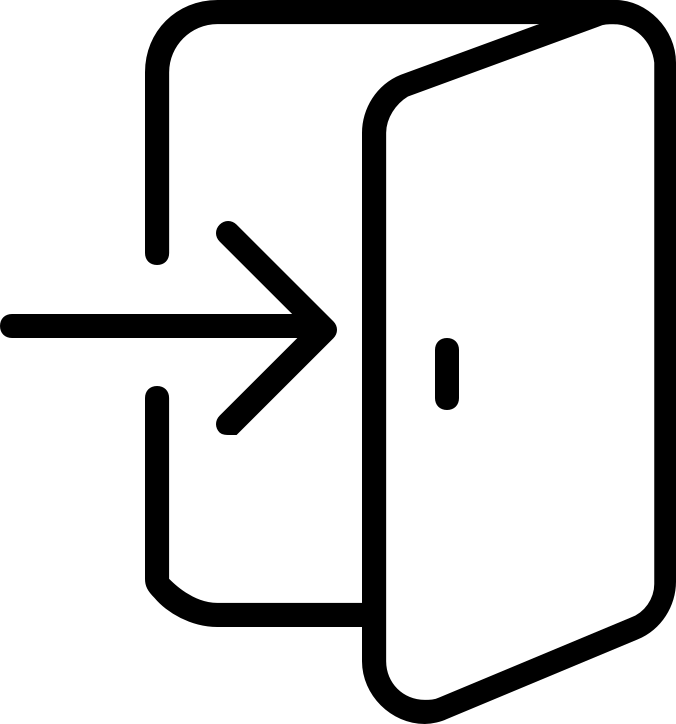Understanding the Totally different Types of Addiction Recovery Centers
Addiction is a complex and deeply personal wrestle that impacts millions of people worldwide. The road to recovery typically requires professional help, and addiction recovery centers play a critical role in this journey. Nonetheless, not all recovery centers are the same. Understanding the completely different types of addiction recovery centers can assist individuals and families make informed choices about treatment options that align with their needs, preferences, and circumstances.
1. Inpatient or Residential Treatment Centers
Inpatient treatment centers, additionally known as residential rehab, provide a structured environment where patients live on-site throughout their recovery process. These centers provide 24/7 medical and emotional assist, making them best for individuals with severe addictions, co-occurring mental health issues, or those that have relapsed multiple times.
Typically, inpatient programs final from 30 to ninety days, although longer stays are possible depending on the individual’s progress. The every day routine usually consists of individual counseling, group therapy, educational sessions, and wellness activities reminiscent of yoga or meditation. Being removed from the distractions and triggers of day by day life permits individuals to totally focus on their recovery.
2. Outpatient Treatment Centers
Outpatient treatment centers enable individuals to obtain treatment while continuing to live at home and maintain work or family responsibilities. These programs are perfect for these with delicate to moderate addictions or for individuals who have already completed an inpatient program and want continued support.
Outpatient care ranges in intensity. Commonplace outpatient programs typically contain a couple of hours of therapy per week, while intensive outpatient programs (IOPs) and partial hospitalization programs (PHPs) provide more structured care for several hours a day, multiple days a week. Outpatient centers concentrate on therapy, training, and relapse prevention while encouraging clients to apply what they’ve learned in real-world settings.
3. Detox Centers
Detoxing, or detox, is the process of safely removing medicine or alcohol from the body. Detox centers are specialised facilities that help individuals manage the physical withdrawal symptoms that can happen after they stop using substances.
Detox is usually the first step within the recovery process and can final from a few days to a week, depending on the substance and the severity of dependence. These centers provide medical supervision, medicines when crucial, and emotional support to make sure a safe and stable withdrawal. Detox alone is just not considered treatment, but it lays the groundwork for further rehabilitation.
4. Sober Living Homes
Sober dwelling homes, additionally known as halfway houses, are transitional dwelling environments for individuals who have accomplished a rehab program however still need support earlier than totally reintegrating into society. These homes supply a drug-free environment with rules, responsibilities, and peer support.
Residents normally attend outpatient therapy or 12-step meetings while dwelling in a sober home. This structure helps individuals strengthen their sobriety, rebuild life skills, and gradually return to independent living.
5. Faith-Based mostly and Holistic Recovery Centers
Some individuals prefer treatment that aligns with their personal beliefs or different health practices. Faith-primarily based recovery centers incorporate spiritual steerage and spiritual teachings into the treatment process, typically alongside traditional therapies.
Holistic recovery centers deal with treating the whole person—mind, body, and spirit—through practices like acupuncture, yoga, nutrition counseling, art therapy, and mindfulness meditation. These centers intention to restore total well-being and balance.
Choosing the Proper Recovery Center
Deciding on the appropriate type of recovery center is a vital decision. Factors such because the severity of addiction, co-occurring disorders, support systems, financial resources, and personal beliefs ought to all be considered. A session with a healthcare provider or addiction specialist can provide valuable steerage in selecting essentially the most suitable path to recovery.
Each recovery center affords a singular approach, however all share the same goal: to help individuals overcome addiction and reclaim their lives. With the proper support, recovery is not only possible—it’s within reach.
If you have any issues relating to in which in addition to the way to employ help for addiction, it is possible to call us with the web-page.

